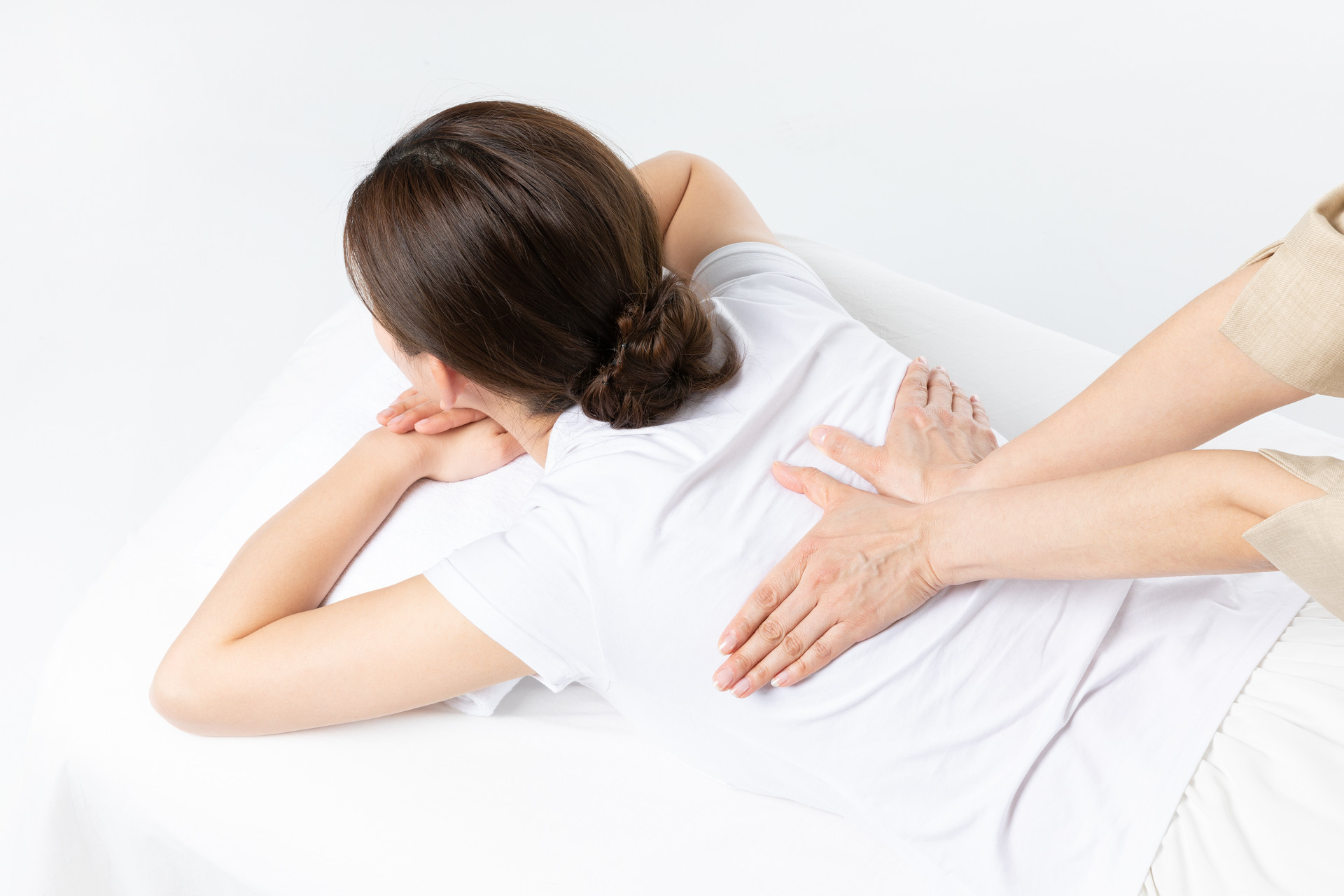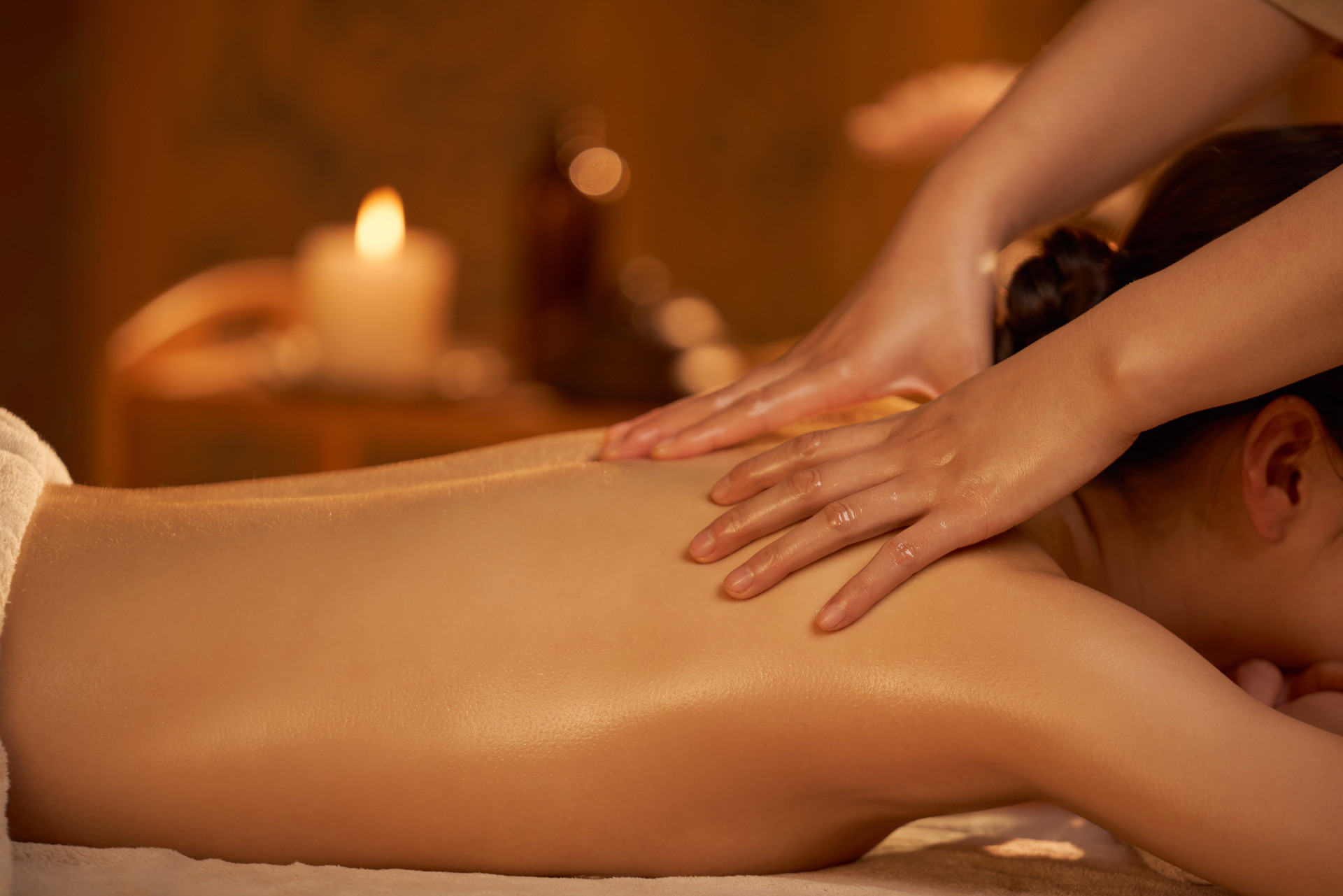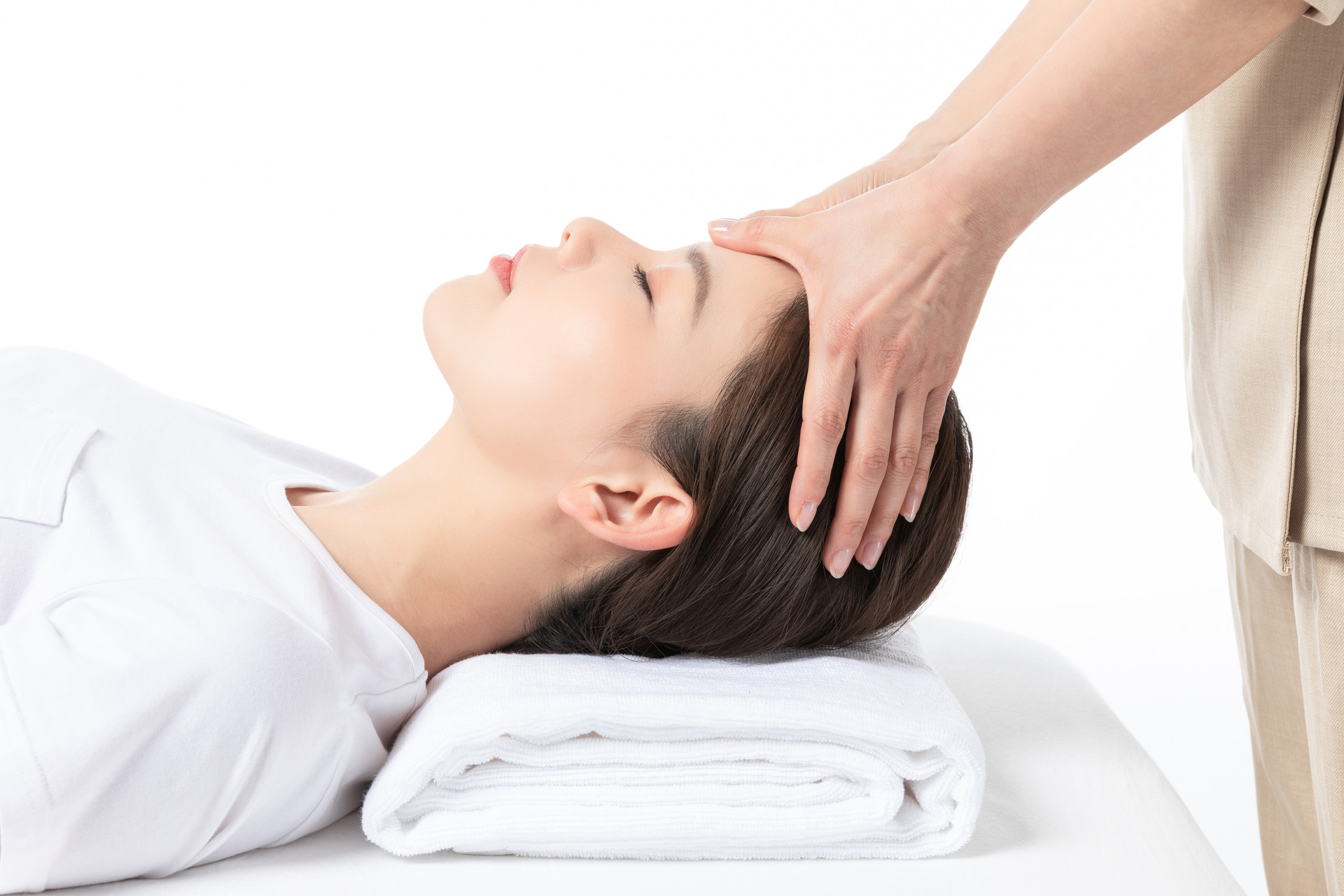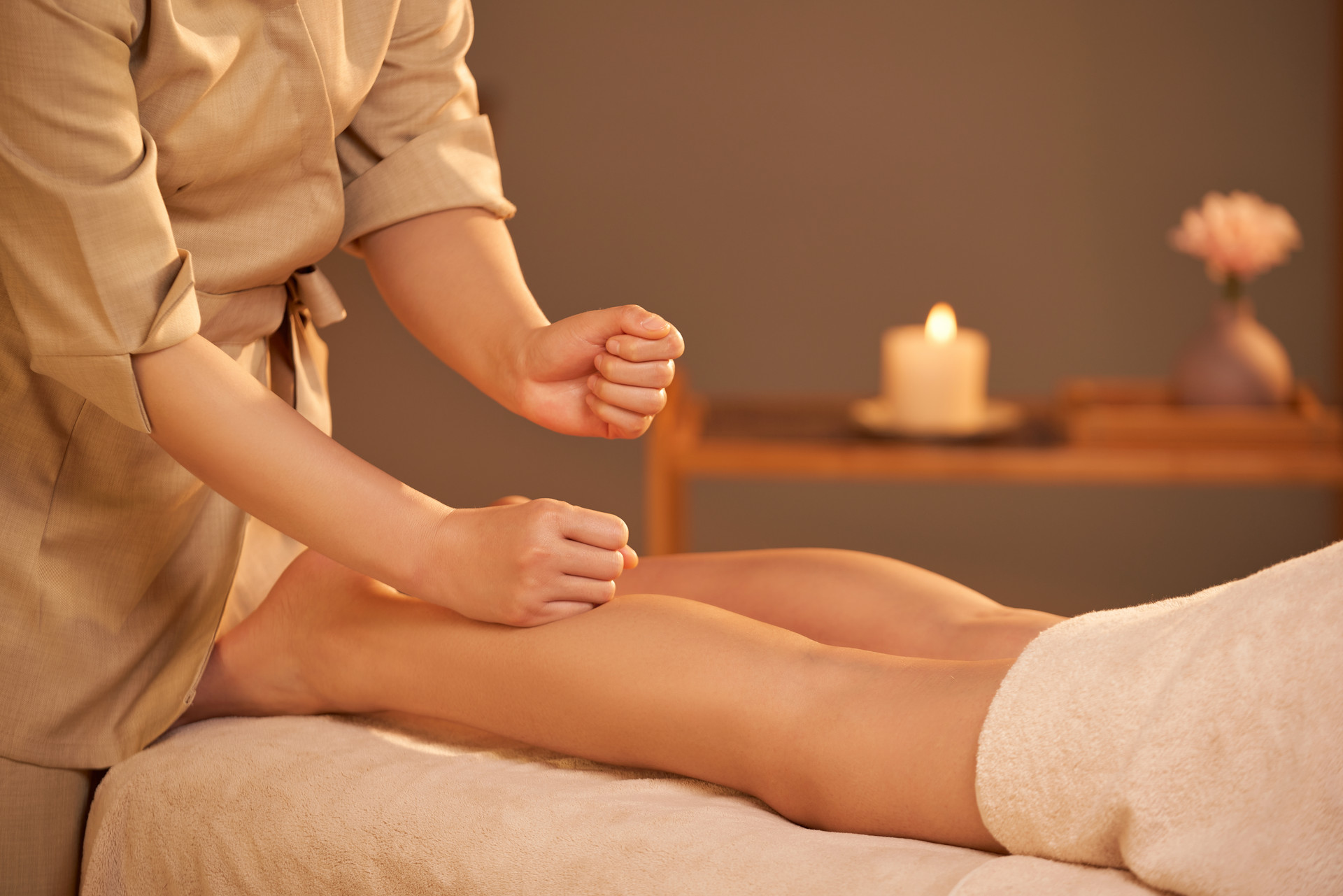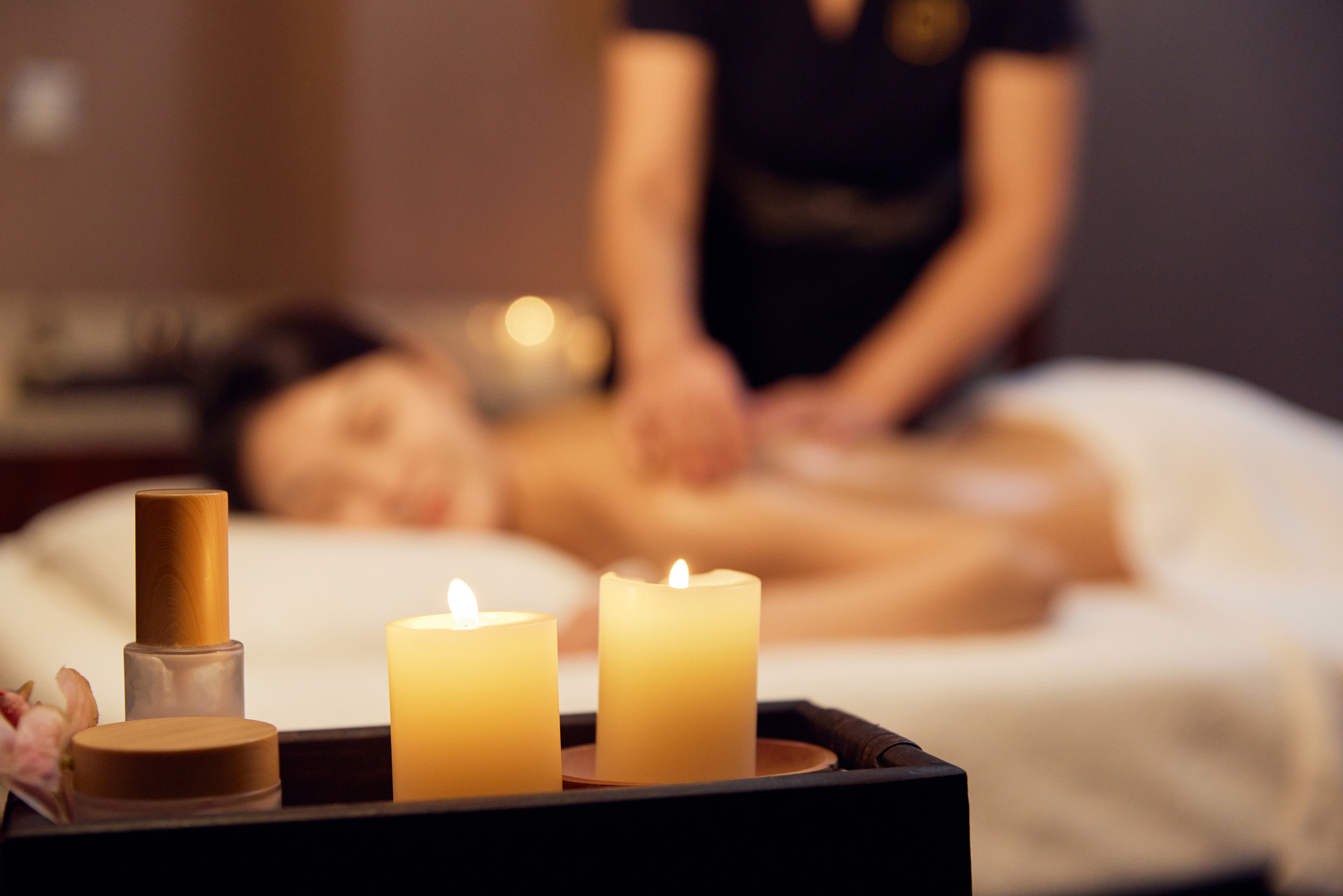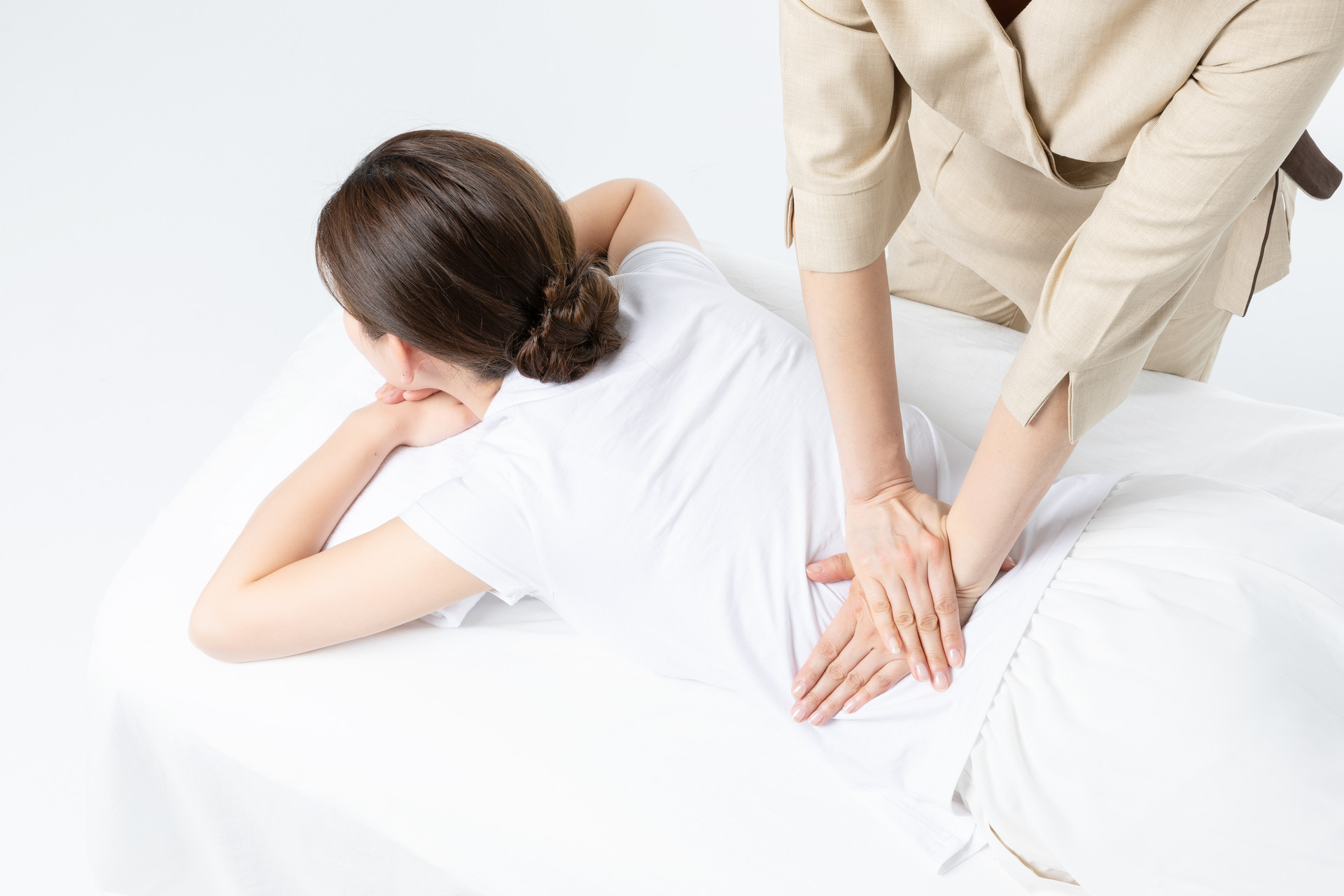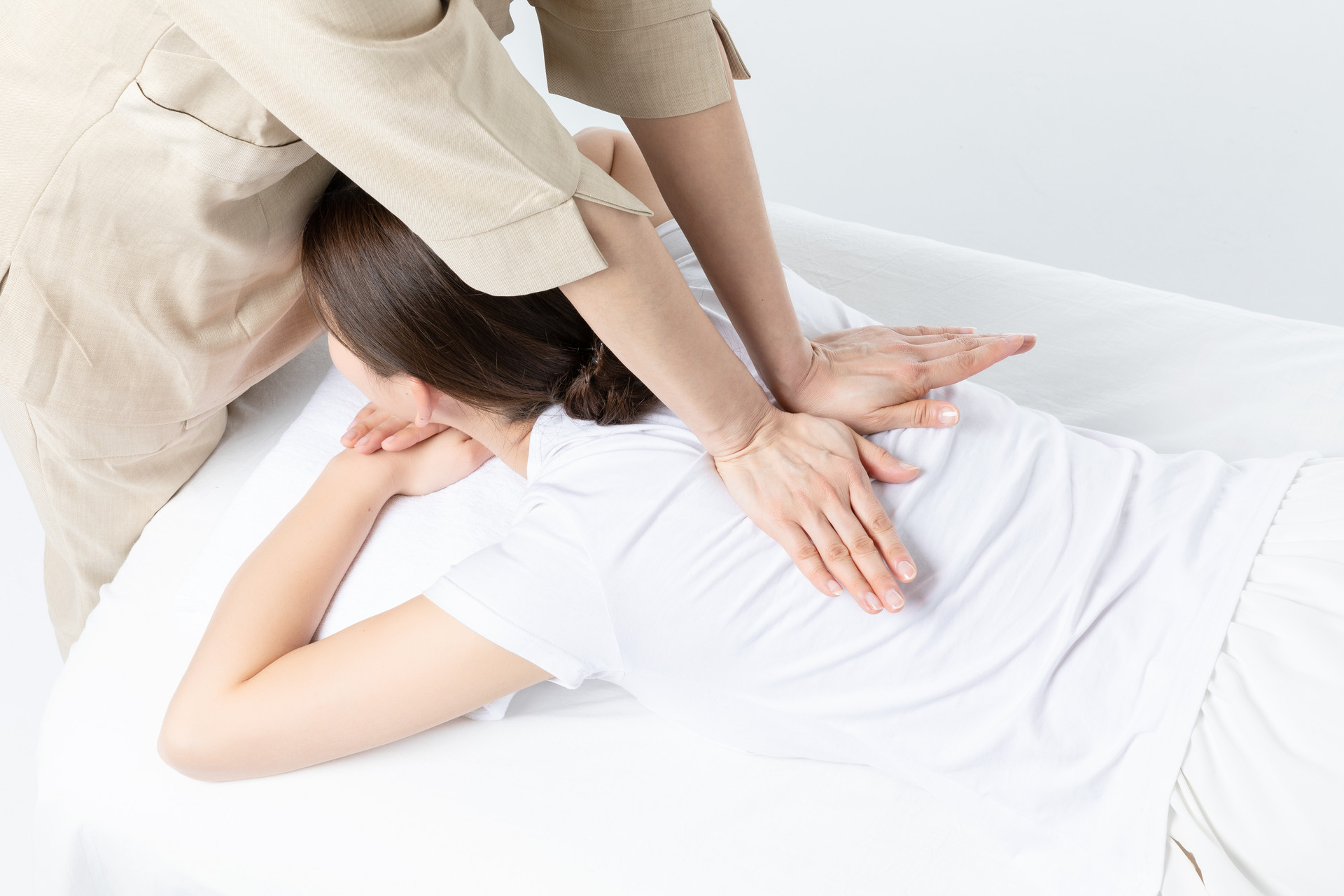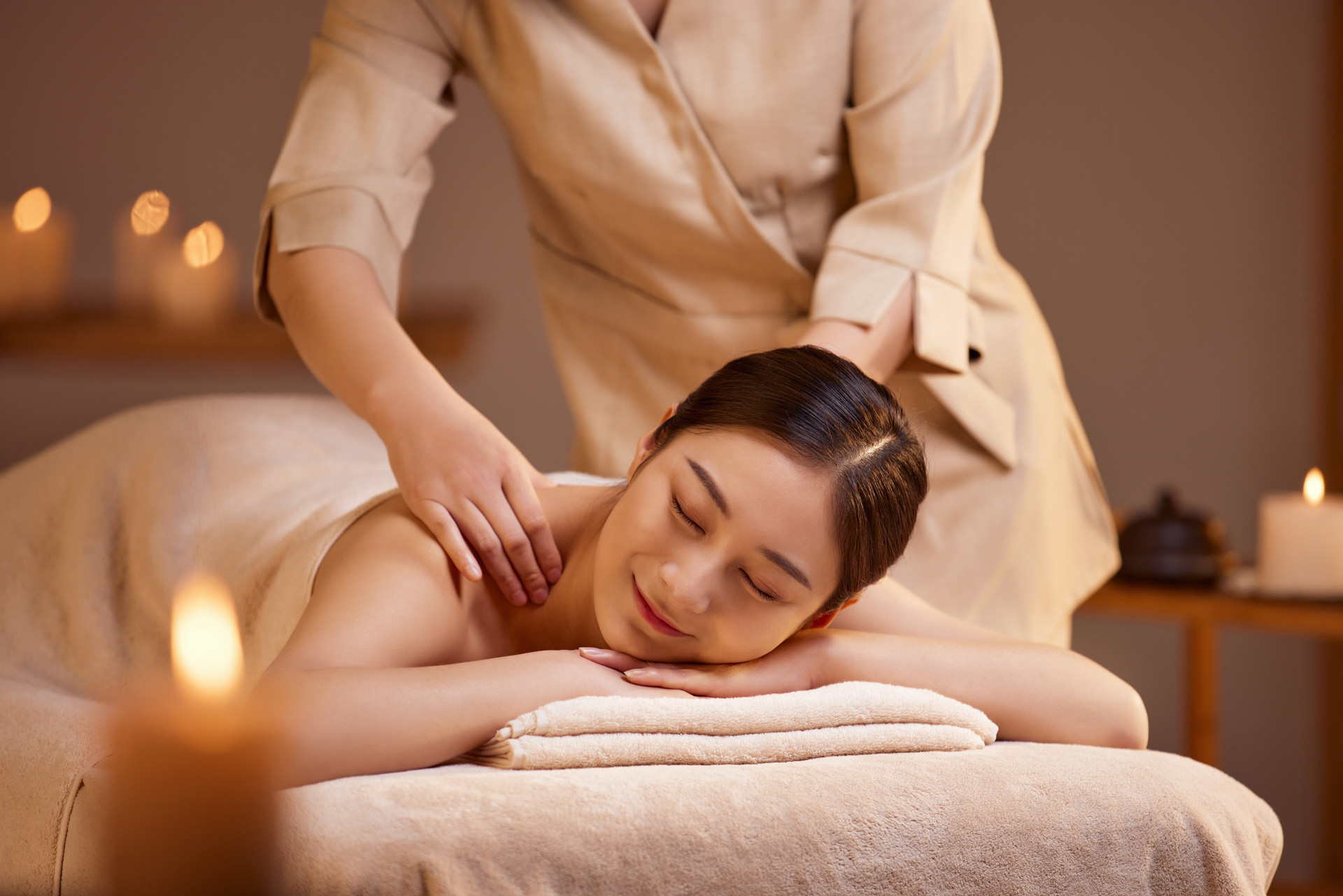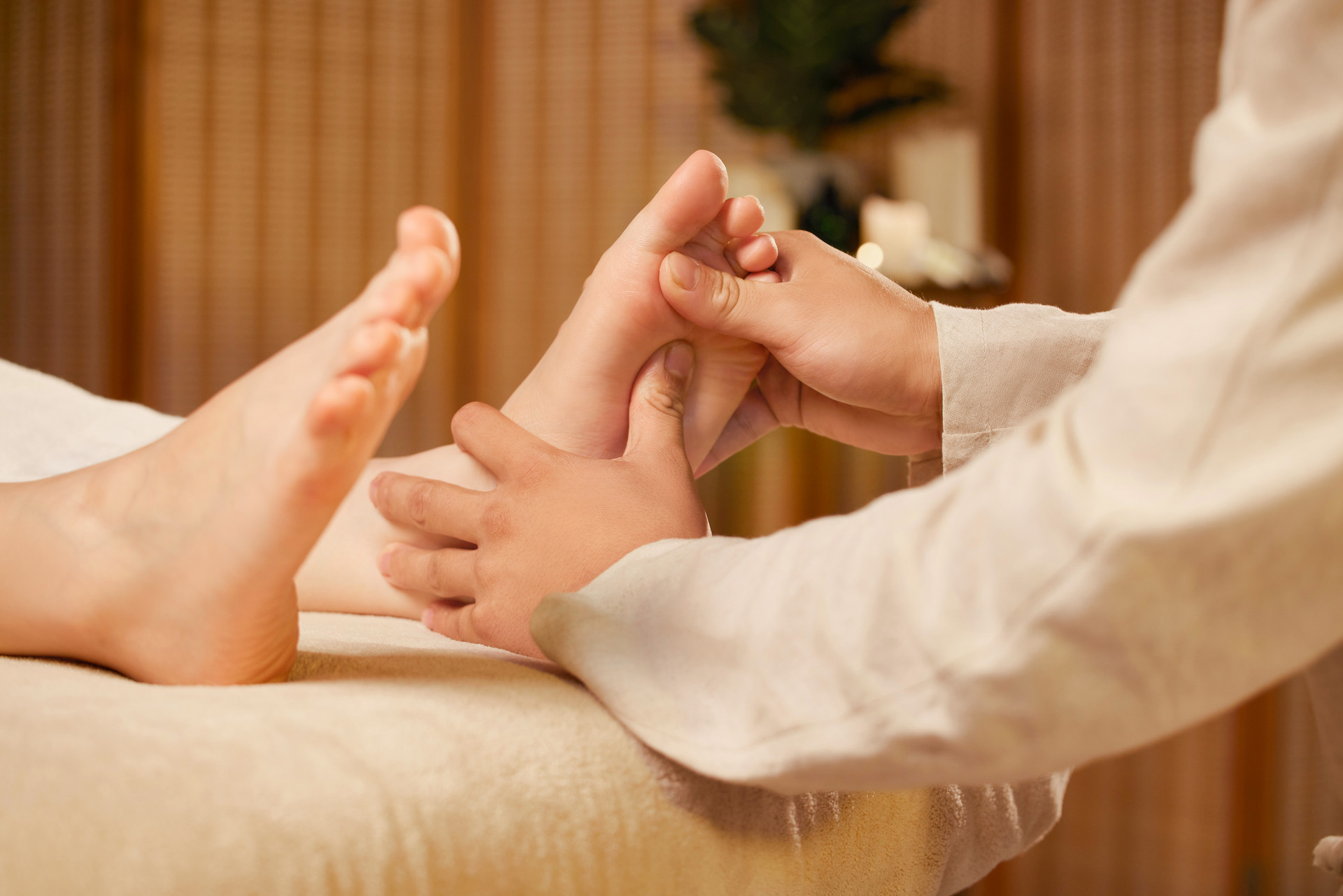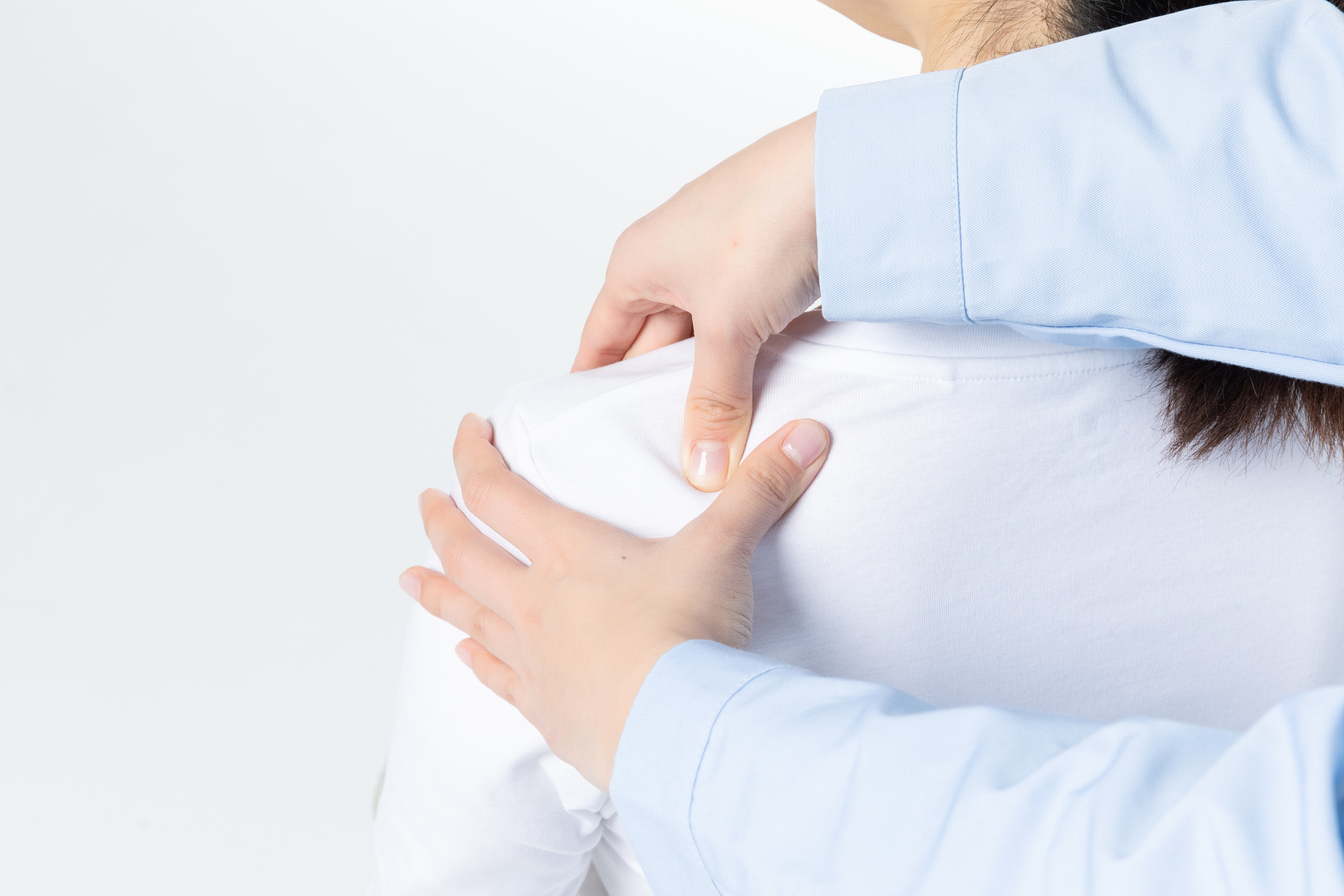Foot massage, also known as foot reflexology, foot pathology massage, foot health care, etc., is a massage therapy that focuses on stimulating the reflex zones of the feet.
Precautions for foot massage
1. If there are any wounds on the feet, avoid massaging them.
2. Make sure the room is well-ventilated during the massage, and avoid direct blowing of air conditioning or fans on the feet.
3. Avoid foot massage half an hour before meals and one hour after meals. Massaging before meals may inhibit gastric acid secretion and hinder digestion, while immediate massage after meals may reduce blood volume in the stomach and intestines, affecting digestion.
4. Duration of foot massage. Normally, it takes about 30-40 minutes to massage one person. For those who are physically weak or cannot tolerate pain, the massage time should be reduced. For patients with severe heart or kidney disease, it is best to massage the reflex zones of the organs for about 3-5 minutes. In addition, when massaging patients with severe heart disease, it is important to control the strength.
5. Drink water after foot massage. After stimulating the reflex zones, the accumulated toxins and sediments in the reflex zones and blood are excreted through the kidneys, ureters, bladder, etc. Therefore, after each foot massage, it is necessary to drink 300-500cc of water to eliminate toxins and sediments from the body.
6. Avoid taking cold showers or using cold water to wipe the massaged areas. After massage, the capillaries are in a dilated state, and cold water stimulation can easily cause illness.
Who is not suitable for foot massage
1. Patients with high fever, extreme fatigue, weakness, long-term use of hormones, foot lesions, etc. should not receive massage.
2. Avoid using foot massage during menstruation or pregnancy in women to prevent excessive uterine bleeding or adverse effects on the fetus.
3. Foot massage should not be used for patients with active pulmonary tuberculosis to prevent the spread of tuberculosis bacteria through the blood, leading to severe diffuse or miliary tuberculosis.
4. Patients with frequent angina pectoris should be advised to rest in bed and seek medical attention as soon as possible, and foot massage should not be used indiscriminately.
5. Foot massage can cause strong reactions and even worsen the condition in patients with severe renal failure, heart failure, liver necrosis, and other critical illnesses, so it should be used with caution.
6. Foot massage promotes blood circulation. Therefore, it should not be used for patients with severe bleeding diseases caused by cerebral hemorrhage, visceral bleeding, or other reasons, to avoid further bleeding.


